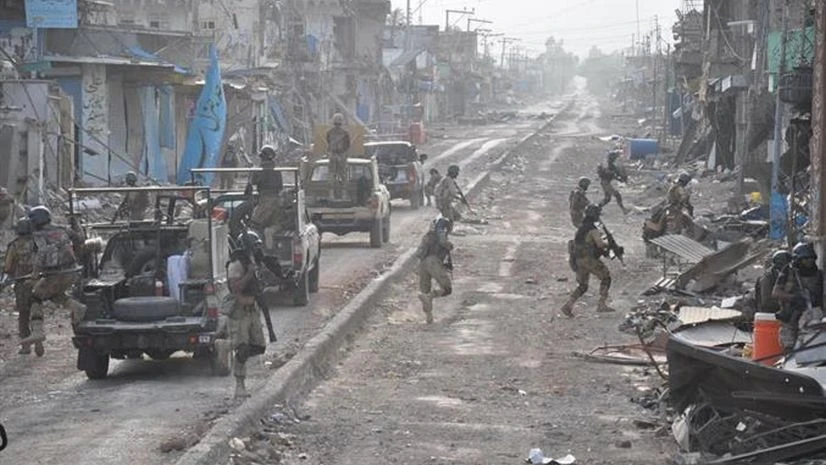Militants utilised features from PlayerUnknown's BattleGrounds (PUBG), a popular video game, to carry out an attack on a police station in Swat, senior Pakistani officials told Dawn, an English-language newspaper based in the country.
The officials reportedly said that the militants used PUBG's chat room for communication, which allowed them to avoid electronic surveillance and tracking by Pakistani security agencies.
On August 28, the Banr police station in Swat was attacked by militants, resulting in the death of a policeman and injuries to two others. The Swat district, also known as the Swat Valley, is a region within Pakistan's Khyber Pakhtunkhwa province.
How and why did the militants use PUBG?
Citing the district police officer of Swat, the report said that while authorities had identified one individual using a mobile phone, which they had believed could lead them to the militants, the attackers had exploited PUBG's features to evade detection instead of using conventional communication methods.
According to the police officer, the militants not only created a chat room on PUBG for communication and exchanging messages, but they also played the game to "practice and motivate their group members" for attacking the state. The officer added that tracking down and apprehending the militants had initially proved challenging due to the lack of direct evidence.
More From This Section
He also told the Pakistani publication that the militants were members of a local group known as the Murad, alias Rehmatullah, group, which is affiliated with the banned Tehreek-i-Taliban Pakistan. The police officer added that Murad, the group's leader, along with the family members of the other suspected militants, resided in Afghanistan.
How did Pakistani authorities track down the militants?
According to the district police, an investigation was initiated following the attack, and the militants were traced through several hours of monitoring CCTV footage from various surveillance cameras.
According to the report, investigators initially focused on a motorbike seen in CCTV footage passing in front of the police station shortly before the explosion. While investigators initially suspected that a hand grenade was used to attack the police station, the Swat district police officer clarified subsequently that this was not the case.
The officer added that it was challenging to determine exactly what weapon was used in the attack, as there was no tangible evidence to suggest the use of a grenade.
Instead, according to the officer, the militants had used an "improvised explosive device", made using a power bank, which is widely used for charging mobile phones. The officer added that at least one of the suspected militants was eventually traced through multiple CCTV recordings.
During the investigation, the accused reportedly revealed the identities of two other suspected militants, who were subsequently apprehended. The investigation also revealed that they avoided using common communication methods, frequently changing their mobile phones and SIM cards.
The police officer also noted that the family members of the suspected militants were involved in militant activities and were wanted by Pakistani law enforcement agencies. He added that the families of the suspected militants had escaped Operation Rah-i-Rast, a military campaign against militants in Swat in 2009. He estimated that approximately 2,000 militant families from Swat are currently residing in Afghanistan.

)